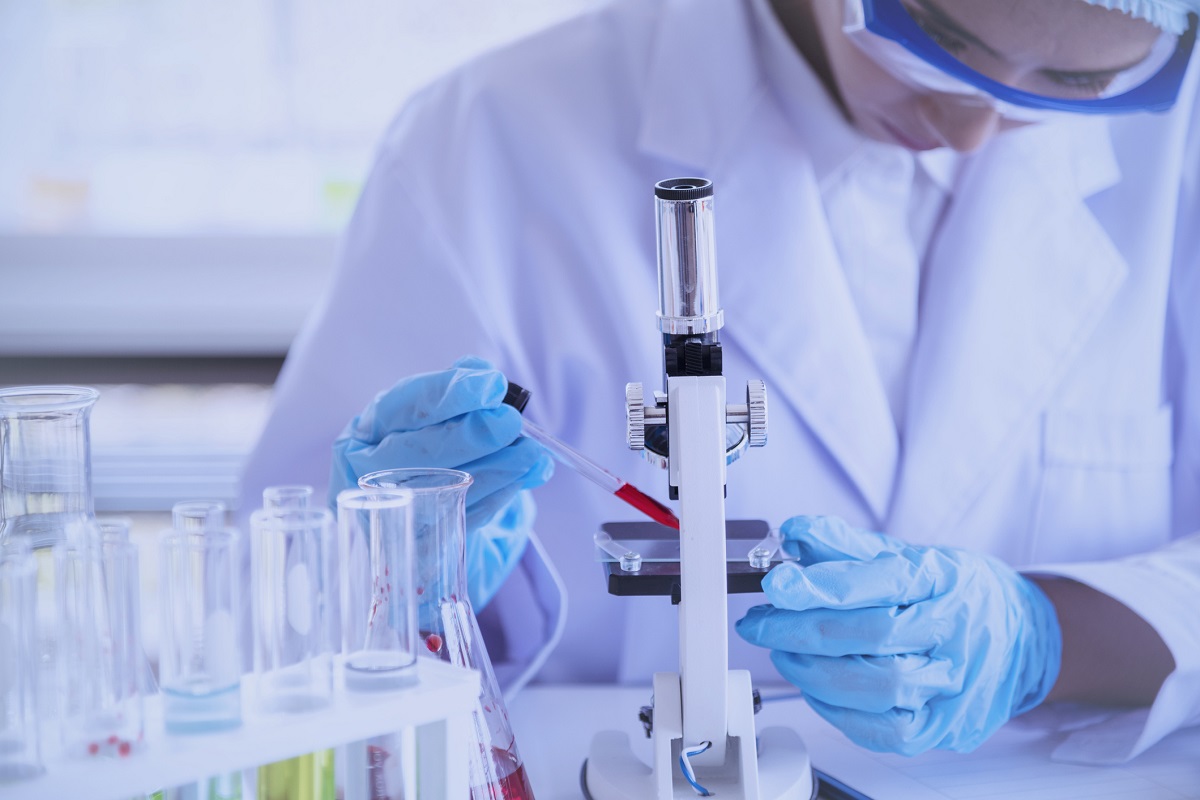Covid death count rises to 3 in MP
A 52-year-old woman suffering from tuberculosis, bronchitis, and other comorbidities died during treatment at a hospital in Indore after testing positive for COVID-19 as well.
“…While viruses have been known to leak from labs in the past, there is no data to suggest the Wuhan Institute of Virology had SARS-CoV-2, or any virus close enough to evolve into it, to be able to leak it”
IANS | Sydney | July 9, 2021 7:22 pm

representational image
An international team of scientists in a new study has claimed that evidence points to the natural origin of Covid, debunking the theory that Covid-19 leaked out of a Chinese laboratory.
The team, which includes Australian Nobel laureate Professor Peter Doherty, also has scientists from the UK, the US, China, Canada, New Zealand. The study was released on open-access repository Zenodo, ahead of peer review.
Advertisement
The study stated that coronaviruses have long been known to present pandemic risks. Covid-19, which was caused by the SARS-CoV-2, is the ninth documented coronavirus that infects humans. It is also the seventh identified in the last 20 years.
Advertisement
The scientists refuted the lab leak theory citing there is no evidence. While viruses have been known to leak from labs in the past, there is no data to suggest the Wuhan Institute of Virology had SARS-CoV-2, or any virus close enough to evolve into it, to be able to leak it, they said.
“Aside from the 1977 A/H1N1 influenza pandemic that likely originated from a large-scale vaccine challenge trial, there are no documented examples of human epidemics or pandemics resulting from research activity,” the scientists claim.
“No previous epidemic has been caused by the escape of a novel virus and there is no data to suggest that the Wuhan Institute of Virology (WIV) — or any other laboratory — were working on SARS-CoV-2, or any virus close enough to be the progenitor, prior to the Covid-19 pandemic.
“Viral genomic sequencing cell culture, which was routinely performed at the WIV, represents a negligible risk as viruses are inactivated during RNA extraction and no case of laboratory escape has been documented following the sequencing of viral samples,” they stated.
Moreover, despite extensive contact tracing of early cases during the Covid-19 pandemic, there have been no reported cases related to any laboratory staff at the WIV and all staff in the laboratory of Dr. Shi Zhengli, also known as the batwoman, were reported to be seronegative for SARS-CoV-2 when tested in March 2020.
“Epidemiological modelling suggests that the number of hypothetical cases needed result in multiple hospitalised Covid-19 patients prior to December 2019 is incompatible with observed clinical, genomic, and epidemiological data,” they said.
Further, the team of scientists said that genetic evidence points to the natural origin of Covid — that the virus jumped from animals to humans.
“All previous human coronaviruses have zoonotic origins, as have the vast majority of human viruses. The emergence of SARS-CoV-2 bears several signatures of these prior zoonotic events,” the scientists said.
“It displays clear similarities to SARS-CoV that spilt over into humans in Foshan, Guangdong province, China in November 2002, and again in Guangzhou, in 2003,” they added.
Both the events were linked with markets selling live animals and involved species, particularly civets and raccoon dogs, that were also sold live in Wuhan markets in 2019 and are known to be susceptible to SARS-CoV-2 infection.
The scientists also found that animal traders working in 2003, without a SARS diagnosis, were documented to have high levels of IgG to SARS-CoV (13 per cent overall and less than 50 per cent for traders specialising in civets).
Subsequent serological surveys found nearly 3 per cent positivity rates to SARS-CoV related (SARS-CoV) viruses in residents of Yunnan province living close to bat caves, demonstrating regular exposure in rural locations.
“Although it is impossible to fully exclude a lab accident, there is no evidence at the moment that the virus escaped from the Wuhan Institute of Virology,” lead author Professor Edward Holmes, a virologist at the University of Sydney, was quoted to The Sydney Morning Herald on Thursday.
The paper “provides a point-by-point rebuttal of questions raised to support the ‘lab leak’ hypothesis,” the Australasian Virology Society said in a statement.
“This review presents plausible explanations to support the case that SAR-CoV-2 is likely a zoonosis (a disease that has jumped from animals to humans) similar to SARS and MERS.”
However, the paper failed to address concerns Chinese researchers may be hiding relevant evidence, Professor Nik Petrovsky, a Covid-19 vaccine researcher at Flinders University in Adelaide, was quoted as saying.
“They completely ignore the fact that WIV has taken all data on its viruses offline,” he said. “This paper adds nothing to the origins debate.
“The truth (is) that this is a completely open verdict where neither possibility can be proven or refuted.”
Advertisement
A 52-year-old woman suffering from tuberculosis, bronchitis, and other comorbidities died during treatment at a hospital in Indore after testing positive for COVID-19 as well.
Delhi Chief Minister Rekha Gupta on Tuesday said that residents of the national capital faced a difficult time over the past eleven years, particularly during the COVID-19 pandemic, when the central government had to step in to provide support, as the previous state government was largely absent.
Covid-19 appears to be making a resurgence in North Bengal. A senior doctor from the physiology department of north Bengal Medical College and Hospital (NBMCH) has tested positive for the virus and has been placed under home quarantine.
Advertisement
